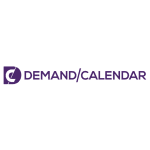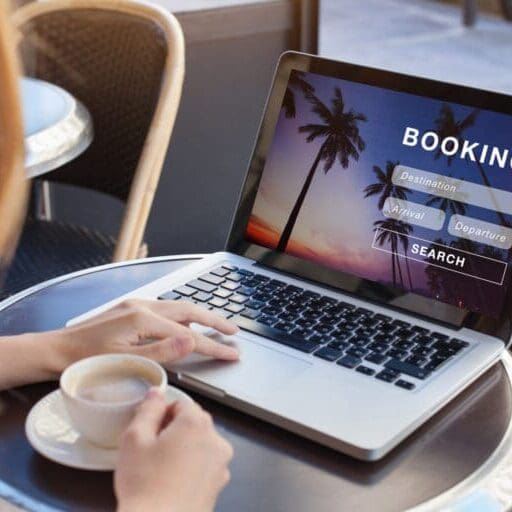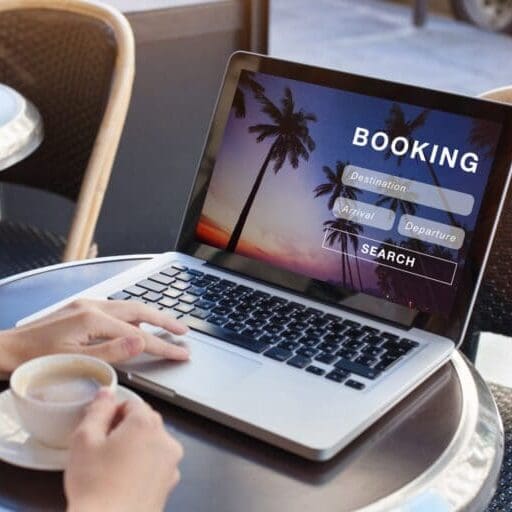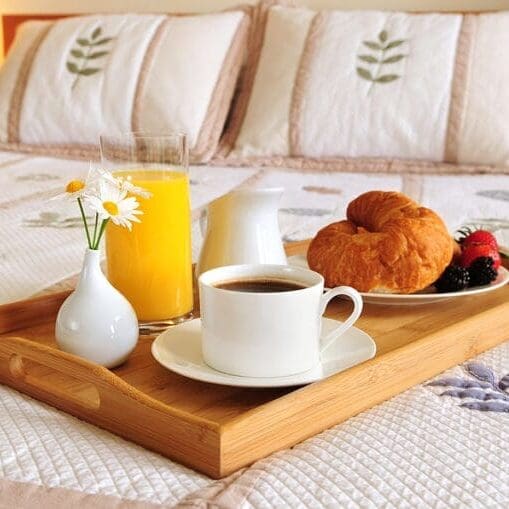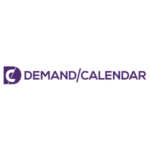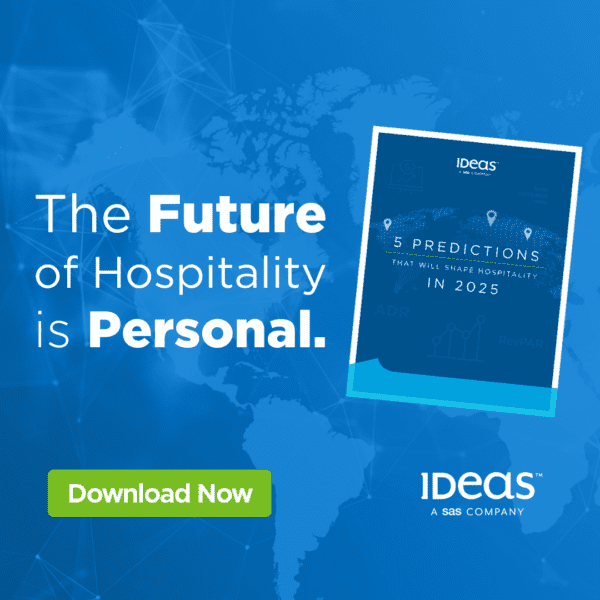 Hotels have struggled to sell more packages to increase guest spending in other departments than rooms. As a result, guests are difficult to convince to buy hotel packages. The exception is if the hotel is a resort and, therefore, a destination where the guest will spend most of the time. The world outside the resort is of less interest to the guest.
Hotels have struggled to sell more packages to increase guest spending in other departments than rooms. As a result, guests are difficult to convince to buy hotel packages. The exception is if the hotel is a resort and, therefore, a destination where the guest will spend most of the time. The world outside the resort is of less interest to the guest.
If a hotel puts more effort into designing packages using the four Ps (Product, Price, Promotion, and Place), the chances are much higher that the package will become a sales success. Let’s start with a few examples of packages.
Flexible and creative packages
Developing flexible and creative packages for enhancing profitability requires a dual focus. Firstly, packages should be attractive and compelling to guests, enticing them to spend more than they would on individual services. This involves understanding guests’ needs and preferences and designing packages that offer real value and an enhanced experience. Secondly, each package element should be chosen with profitability in mind. High-margin services should be emphasized, and costs should be carefully managed. In this way, hotels can increase revenue and profit while offering an appealing offer to guests. Here are some package ideas.
Stay and Dine Packages: This type of package combines accommodation with meals. For example, a package could include breakfast, lunch, and dinner at the hotel’s restaurant. This encourages guests to dine at the hotel, increasing F&B revenue.
Spa and Wellness Packages: These packages can be highly profitable, offering services with high perceived value but relatively low costs. For example, a package might include a massage, access to wellness facilities (like a sauna or steam room), and a healthy meal or juice bar.
Adventure and Experience Packages: Depending on the hotel’s location, packages could include guided tours, adventure sports, or local experiences. These can be profitable if the hotel can partner with local providers at a favorable rate.
Business Packages: For business travelers, a package might include a room, meals, and access to business facilities, like meeting rooms or co-working spaces. Adding services like fast Wi-Fi, printing, or concierge business services can increase the perceived value.
Romantic Getaway Packages: These packages can include extras like a room upgrade, a bottle of champagne on arrival, a special dinner, or spa treatments. These extras have high perceived value but can be provided to the hotel at a low marginal cost.
Family Packages might include accommodation in a family room or suite, meals for children, and family-friendly activities or experiences. Babysitting services or access to kids’ clubs can also be added at a premium.
These are all innovative packages with good intentions from the hotel to enhance the guest experience, but they are still not selling as much as the hotel had hoped.
Why are the packages not selling?
Hotels are known for their innovative package offerings. However, these packages often fall short of their sales targets. There are various reasons why hotel packages may not perform as expected. Below are some possible concerns and their corresponding solutions.
1. Lack of Promotion: Packages are often not promoted as heavily as individual services. The solution is to focus on marketing efforts to raise awareness about these packages. This could involve featuring them prominently on the hotel’s website, emailing the hotel’s subscriber list, or leveraging social media to promote the packages.
2. Complexity: Customers may book individual services instead if packages are too complex or difficult to understand. Simplifying packages and communicating the value they provide can help improve sales.
3. Lack of Personalization: Packages not tailored to the specific needs and preferences of the target market may not appeal to potential customers. Hotels should create packages catering to their target audience’s interests and preferences. This could involve segmenting their market and creating specific packages for each segment.
4. Inflexibility: If packages are too rigid, with no options for customization, they may not appeal to customers who want flexibility. Offering customizable packages can help improve sales. Customers should be able to add, remove or swap certain services in the package according to their needs.
5. Pricing: If the pricing of the packages is not perceived as value for money, customers may opt for individual services. Hotels must ensure their packages are competitively priced and provide good value.
6. Visibility in Distribution Channels: If packages are not visible or bookable in the channels where potential guests are looking for accommodation, they won’t sell. Hotels should work with their distribution partners to ensure packages are visible and bookable in all relevant channels.
7. Timing: If packages are unavailable or not promoted at the right time, they may not sell well. Hotels should consider the timing of their offers, aligning packages with seasonal demand, local events, or specific times of the week when demand is high.
The list could be even longer, but these seven reasons are a starting point for improving content and how packages are sold and distributed. Here are a few additional ideas on how to boost sales.
More ideas on how to boost package sales
Packages represent a powerful hotel sales strategy to maximize revenue and guest satisfaction. By combining high-margin services with high-demand ones, hotels can increase the overall spending per guest and boost their bottom line. Therefore, boosting package sales can be a win-win situation for hotels and guests. Here are a few additional ideas on how to boost package sales.
Leverage data analytics: Use data from past sales, customer feedback, and market trends to determine which types of packages are most popular and profitable. Then, use these insights to refine and develop your offerings.
Promote exclusivity: Make some packages available only for a limited time or to a specific group (e.g., loyalty program members). This can create a sense of urgency and exclusivity, encouraging guests to book.
Collaborate with local businesses: Partner with local attractions, tours, or events to create unique packages that provide experiences beyond what the hotel alone can offer. This can make the packages more appealing and differentiate the hotel from competitors.
Feature packages prominently: Make sure packages are easy to find and book on your website and any third-party platforms you use. Highlight them in your marketing materials and communications with guests.
Trial and feedback: Regularly review the performance of your packages and seek feedback from guests. Use this information to make adjustments as needed. This will keep your offerings fresh and ensure they continue to meet the needs of your target market.
Employee incentives: Provide incentives for staff to upsell packages at check-in or when interacting with guests. Ensure all staff members are well-informed about the benefits and details of each package so they can effectively promote them.
Remember, the key to successful packages is ensuring they provide genuine value and a memorable experience for guests while also being profitable for the hotel.
How to make packages profitable
Finally, the hotel must understand the concept of marginal profit when putting together packages. Marginal cost is often the variable cost (cleaning the hotel room, food cost for the meal, and the therapist’s time for an additional spa treatment. However, sometimes the marginal cost is close to zero.
One example is serving a buffet breakfast for an extra guest. The marginal food cost is zero since if the guest does not eat the food, it will go to food waste. If a hotel understands the marginal cost and profit, this knowledge can be used when pricing the package. Instead of calculating all parts of the package based on the full cost, hotels could calculate the marginal cost and develop a much more compelling price for the guest and a package that will still contribute to the overall profit.
This is how packages can contribute to profit in low season and during shoulder periods. When the demand is the strongest, hotels with extensive knowledge about packaging could “force” the guest to buy a package and not offer room only.
Hotels that crack the code of packages will increase their profits substantially.



